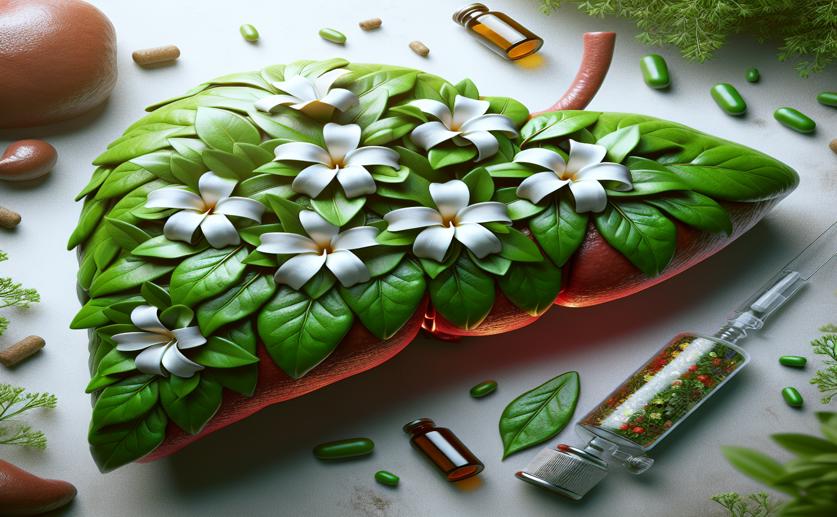
How Gardenia Leaf Extracts Can Shield the Liver from Alcohol Damage
Jenn Hoskins
16th January, 2024

Image Source: Natural Science News, 2024
References
Main Study
1) Protective effects of leaf aqueous extracts from Gardenia ternifolia Schumach. on alcoholic liver disease in Wistar rats.
Published 13th January, 2024
https://doi.org/10.1016/j.jaim.2023.100851



 15th January, 2024 | Greg Howard
15th January, 2024 | Greg Howard